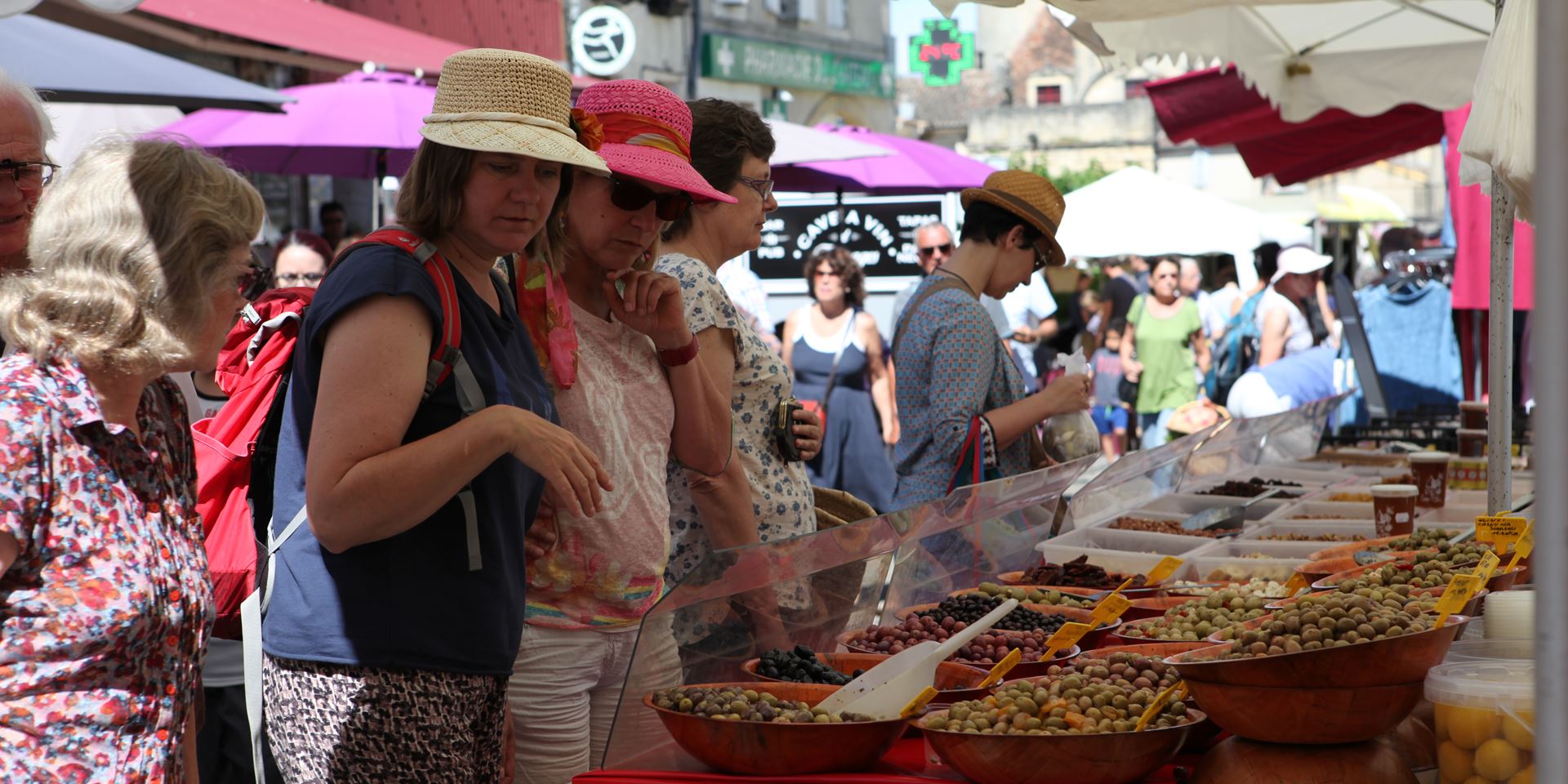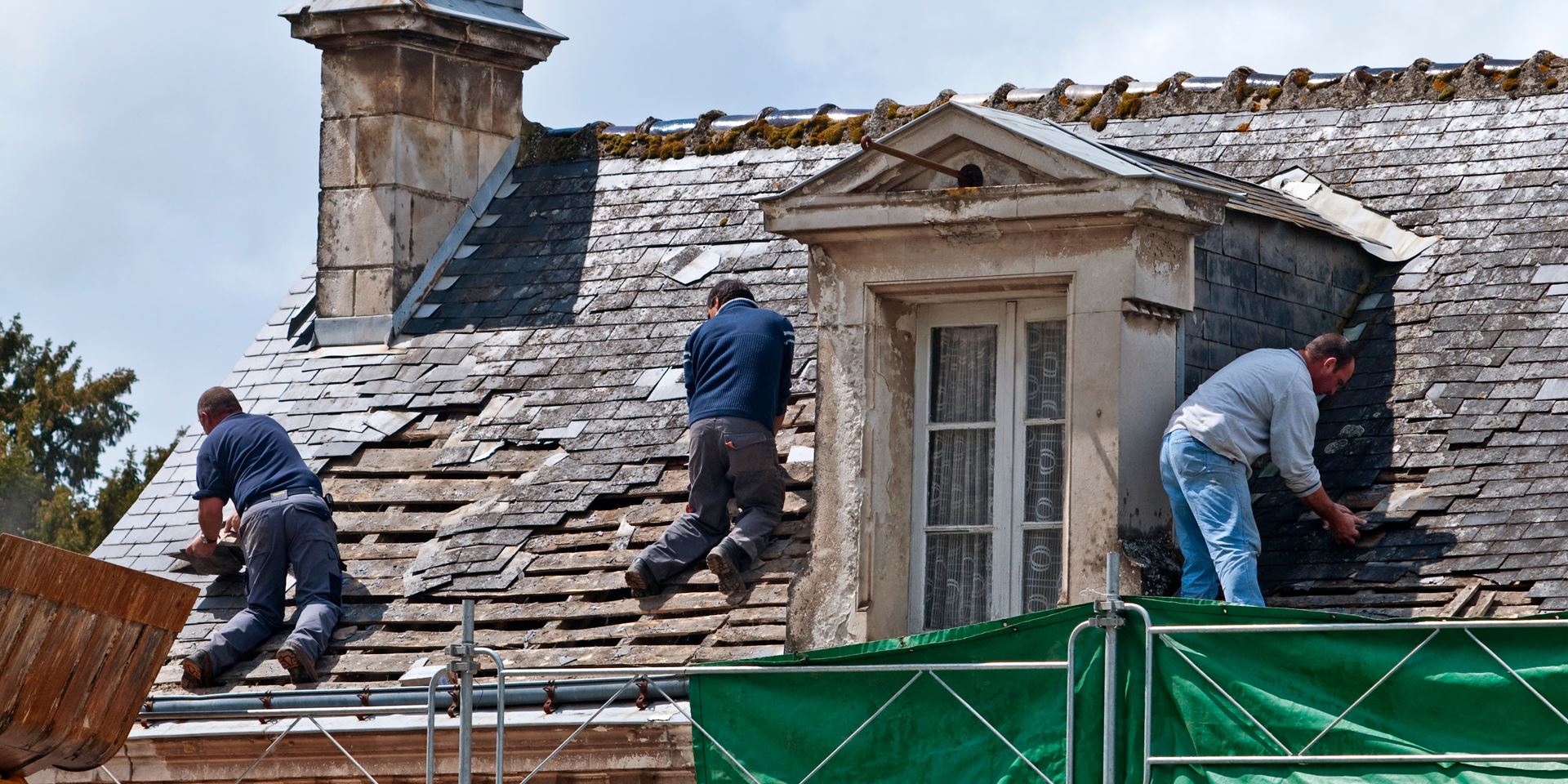OWNING A PROPERTY
For every client the level of knowledge and experience they have in terms of owning a property in France will vary considerably. Clearly an existing French resident will be au fait with the basics. We have tried to present a guide that will assist you to avoid obvious pitfalls and ensure that moving into your new home is a pleasurable stress free experience.
So you have signed your acte authentique and are the proud owners of a new property in France. So what next?
Meet the neighbours: We would recommend that once you have spent a few days in your new home, it is considered courteous to introduce yourselves to your neighbours, even in a few words of broken French. Depending upon where you live, you should also meet your mayor. The local mayor in small towns can be very influential and the Mairie is usually one of the first place you go should you have any questions about living in France.

Utilities: You will have to change the current utility bills into your name. In order to set up a contract, you will need a copy of your RIB (bank details) for your French bank account. Most of the companies will be able to set up an online account for you to manage your bills at distance if you are using the property as a holiday home and bills can also be sent to an overseas address. EDF has an English speaking helpline should you need it, from overseas call 0033 562164908 or in France phone 05 62 16 49 08. If you require any assistance with setting up your contracts it is preferable that you arrange an appointment with your agent as many companies ask specific questions on your predicted usage of electricity, water, etc.
Telephone/Internet: There are numerous options for obtaining a phone line/internet access in France. The most traditional route is to have an Orange/France Telecom line installed. If this is the route you chose it it best to visit an Orange shop and arrange this in person, you will need to take a RIB (bank details), copy of your passport and a copy of the certificate of ownership that your Notaire will give you upon completion. Orange also have an English speaking helpline, outside of France phone 0033 9 69 36 39 00/in France 09 69 36 39 00 (free from FT landlines). You may decide to go with one of the many companies that provide a satellite service. If you are not at the property for many weeks during the year this may be a cheaper option.
Taxes: There are two types of property taxes in France, tax habitation and tax foncière.
Tax habitation: An annual residence tax imposed on the occupier of a property each year. If the property is your second home, even though you may not physically be resident on 1st January, the tax is still payable, provided the property is capable of occupation. Basically, if your property is furnished then you will pay this tax. If you rent out the property to an annual tenant, then the tenant is liable to pay if they are resident on 1st January. Seasonal rentals do not pay this tax but if you have rented the property for a short time over the Christmas/New year period your tenant can be liable to pay.
Tax foncière: An annual ownership tax imposed, it is payable whether or not the property is actually occupied by them or rented out. The tax is payable by the person who owns the property on 1st January. The tax goes towards the funding of local services by the local, inter-communal and departmental councils. It is calculated by evaluating the notional rent that the property might be expected to achieve in the open market, taking into account the size condition and location of the property. This is then discounted by 50% to take account of running costs, eg repairs, insurance.
Insurance: Your property insurance must be in place on the date of completion. It maybe that your Notaire will ask to see a copy of the policy so take a copy with you. If you are not planning on living in the property full-time you must tell your insurance company that it is intended for use as a holiday home and similarly you must inform them if you are going to use the property for holiday rentals. These factors will effect your premium but generally house insurance in France is very reasonable.
Holiday rentals: After concluding a stress free purchase with Bordeaux & Beyond many of our satisfied buyers have subsequently asked us for recommendations on how and where to rent out their newly purchased property. Similarly, we have been asked for our insight into the best places to stay by our future buyers when they visit the area. With the increasing demand, we have taken the decision to formalise this service and establish an advertising service for seasonal rentals. Your property can be included on our own website, you will be responsible for dealing with any enquiries and the management of the changeover. Please ask your agent for more details.
In addition, if you are looking for a reputable company to entirely manage your holiday rental, our sister company Young Associates would be delighted to assist you. They offer a full management package including bookings, changeover, pool and garden maintenance and will personally welcome your clients to the property. Please consult the aftersales section of our website for more details.
Property maintenance/building works: If you intend to undertake any renovation work in France you are advised to only use French registered artisans who have a 10 year insurance (assurance decennale) for their work. If you are considering more than cosmetic works and do not have prior experience of managing builders (artisans) it would be prudent to employ a management company or an architect. These professionals are used to obtaining planning permission, competitive quotes and working with artisans. Although you may consider them ‘superfluous’ at the outset their professional help and ability to eliminate mistakes and their associated costs can be invaluable.

Pool: Your pool will require maintenance throughout the year. So if you are purchasing a holiday home it would be advisable to source a company that can carry out a maintenance contract throughout the year. Most pools are opened in about May time and are closed in October, unless of course you have a heated pool. During the time the pool is open you will need to clean the pool regularly and regulate the chemicals.
You also must ensure that your pool is equipped with the correct security. You can either purchase a pool alarm, a hard cover, fencing or structure over the pool that conforms to pool regulations. There are hefty fines of up to 45,000€ or maybe even imprisonment in some cases if there is an accident and you are found to be negligent.
Fireplace/chimney: If you have a fireplace or chimney you are obliged to have it cleaned annually. You may find that your insurance company request a copy of the invoice provided by your ramoneur (chimney sweep). You can buy a ‘log’ style product that is designed to burn and clean your chimney at the same time however, many insurance companies do not accept this is the same as a professional clean and they may reduce any insurance pay-out accordingly.
Septic tank: If you are buying a property in a town or a village it is likely that you will have mains drains. However, with more rural properties you will have a fosse septique or a septic tank. There are various kinds of septic tanks so you will need to ask your agent or the current owner how often they empty their tank, if at all. As a general guide, most tanks are emptied every 3-5 years depending on occupancy.
Smoke Alarms: Although most UK residents are used to having at least one smoke alarm the law in France making this obligatory has only recently been introduced. There should be one alarm in the areas which lead onto regularly used rooms e.g. living room, bedroom. In practical terms there should be one fitted in each corridor or landing space and they must meet with EU regulations.
Bank account: It is essential that you open a euro/French bank account to enable your utility companies and other associated costs with your French company to be paid with ease. There are numerous high street banks that will open accounts for foreign nationals. French banks will ask for more paperwork when you open a bank account, so be prepared to provide tax returns, copy of our passport, pay slips etc when you first visit the bank. Our advice is to ask the bank what supporting paperwork they require before making the appointment. Unlike many other European countries France still relies quite heavily on cheques, so a cheque book is usually issued free of charge.
Currency exchange: When transferring money from one currency to another it is prudent to use a currency house. The exchange rate you will obtain through a designated currency house will be superior to that which you will obtain through a high street bank or foreign exchange booth. Bordeaux & Beyond recommend that you contact Foreign Currency Direct for in depth advice and a personal service.
Emergency: This universal number can be used in France (or anywhere in the EU). 112 calls can be made from a land line, pay phone or mobile and 112 operators speak English – phone this number for a police, ambulance or fire emergency.
Refuse Collection: Depending upon where you buy your bins may be collected direct from your property or you may need to take your bins to a central collection point. The bins are colour coded relative to their contents and you will need to take your glass bottles to a recycling point.
Ce site utilise Google Analytics. Nous autorisez-vous à déposer un cookie à des fins de mesure d'audience ? En savoir plus